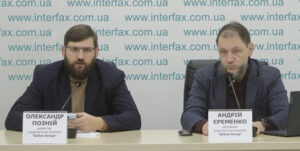
Personnel reshuffles initiated by the President of Ukraine at the start of 2026 are perceived by society with restraint: amid high awareness, Ukrainians more often speak of cautious hope than of a feeling of real renewal of power, according to the results of a nationwide survey by the research company Active Group.
According to the published data, 79.2% of respondents reported that they had heard about the personnel changes, and another 14.8% noted that they “had heard something but are not sure about the details.” 6.0% of those surveyed learned about these decisions for the first time – thus, the overall level of awareness exceeds 94%.
At the same time, assessments of the consequences of the personnel changes remain uncertain: 43.6% of respondents believe that these decisions brought more benefit to the country, 18.3% – more harm, and almost 38.0% were unable to give an unambiguous answer.
The founder of the sociological company Active Group, Andrii Yeremenko, commenting on the survey results, noted that the recorded high awareness of the personnel decisions did not transform into a formed assessment of their consequences.

“We see a situation where more than 94% of respondents have at least heard about these appointments, but almost 38% cannot say whether this is more benefit or harm. This means that society currently does not have sufficiently clear markers of effectiveness – people expect practical results, not signals of a ‘reset’ at the level of personalities. The distribution of answers regarding the ‘renewal of power’ almost equally additionally confirms that there is a demand for change, but it is tied to governance logic and the implementation of decisions, not to the very fact of personnel replacements,” Yeremenko emphasized.
When asked whether the decisions of recent weeks can be considered a renewal of power, 42.5% answered in the affirmative, while 46.7% answered negatively. In the emotional dimension, 52.1% of respondents stated that the personnel reshuffles give more hope, while 29.1% said that disillusionment prevails; at the same time, 10.2% feel “only hope.”
Among the areas of state policy that, in respondents’ opinion, may be strengthened as a result of the appointments, foreign policy, diplomacy and the negotiating track were most often named: 41.5% expect strengthening, 13.2% – weakening. Regarding the defense of the state, 39.0% forecast strengthening, 20.5% – weakening. For a number of domestic areas – social policy, the economy, the work of law enforcement agencies and the fight against corruption – restrained or negative expectations prevail, while a significant share of “hard to say” answers remains.
Assessing the impact of personnel decisions on trust in key officials, most respondents report no changes. In particular, regarding President Volodymyr Zelensky, 63.8% noted that the level of trust did not change, 17.5% speak of an increase in trust, and 13.5% – of a decrease. Regarding Kyrylo Budanov, 54.5% did not feel changes, 24.0% record an increase in trust, and 13.4% – a decrease; regarding Mykhailo Fedorov, respectively 55.3%, 18.6% and 15.8%. The most critical indicators are for Denys Shmyhal: 57.5% stated no change, 24.9% – a decrease, and 8.2% – an increase in trust.
The director of the sociological company Active Group, Oleksandr Poznyi, emphasized that the emotional background around the reshuffles remains restrained, and the impact on trust in key figures is limited.

“More than half of respondents say that personnel decisions give more hope, but only about 10% feel this hope unconditionally. At the same time, for most of those involved in the appointments, the dominant answer is ‘trust has not changed,’ which indicates the absence of an effect of rapid restoration of trust. In such a situation, society will assess these decisions through concrete results – primarily in the external contour and the security sphere, where the balance of expectations is more positive, while in domestic areas, in particular the economy, the law enforcement system and anti-corruption policy, significant skepticism remains,” Poznyi added.
The distribution of trust in well-known public figures, according to the survey data, indicates fragmentation: the highest level of trust is held by Kyrylo Budanov (43.2%), followed by Valerii Zaluzhnyi (37.7%) and Volodymyr Zelensky (27.4%). Also on the list are: Andrii Biletskyi (15.6%), Petro Poroshenko (13.1%), Denys Prokopenko (13.0%), Serhii Prytula (12.0%), Dmytro Razumkov (11.6%), and Vitalii Klychko (10.1%). Separately, 21.3% of respondents stated that they do not trust any of those listed.
The highest indicators of distrust, according to the study, are recorded for Oleksii Arestovych (68.5%), Yuliia Tymoshenko (60.7%) and Yurii Boiko (54.5%); Petro Poroshenko (46.7%) and Vitalii Klychko (36.5%) also have high levels of distrust. At the same time, distrust is also expressed toward Volodymyr Zelensky (33.1%), Valerii Zaluzhnyi (16.6%) and Kyrylo Budanov (15.6%).
More than half of Ukrainians already feel the start of the election campaign: 54.2% answered “yes” (including 17.3% – “definitely yes”), 32.6% – “no,” and 13.2% were undecided.
In February 2026, the highest support among potential presidential candidates is held by Volodymyr Zelensky – 22.3% (compared to 17.8% in December 2025 and 21.7% in January 2026). Support for Valerii Zaluzhnyi, according to the survey, decreased to 10.8% (from 16.6% in December and 14.9% in January). Kyrylo Budanov’s rating increased to 9.4% (after 6.3% in January), Petro Poroshenko has 7.4%, and other candidates do not exceed 4%. The share of those ready to vote “against all” or spoil the ballot increased to 10.6% (from 7.5% in December), 7.2% do not plan to take part in the elections, and 14.5% were undecided. In the negative ratings, the greatest rejection is toward Oleksii Arestovych (56.5%) and Yuliia Tymoshenko (52.2%), followed by Yurii Boiko (45.3%) and Petro Poroshenko (42.5%).
Electoral attitudes regarding possible elections to the Verkhovna Rada also do not form a dominant force. Valerii Zaluzhnyi’s party has 11.9% in February (against 14.2% in December), Kyrylo Budanov’s party – 10.1% (after 8.8% in January), Volodymyr Zelensky’s party fluctuates within 9.9–10.7%, and European Solidarity – 10.3% in February (after 11.0% in January). The Azov party decreased to 6.1% (from 7.6% in December). The share of those ready to vote “against all” increased to 10.1% (from 6.3% in December), 7.7% do not plan to participate in the elections, and 13.1% were undecided.
The survey was conducted by Active Group using the SunFlower Sociology online panel методом self-completion of questionnaires among citizens of Ukraine aged 18+. The sample size is 2,000 respondents; the sample is representative by age, gender and regions of Ukraine. The data collection period was January 31 – February 1, 2026. The theoretical margin of error at a confidence probability of 0.95 does not exceed 2.2%.
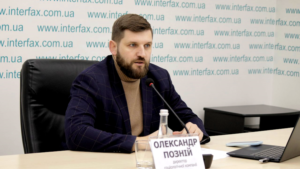
At the end of 2025, 56.2% of Ukrainians believe that the country is moving exclusively or predominantly in the right direction, while 30.6% assess this movement as wrong, according to the results of a nationwide sociological survey by Active Group, presented at a press conference at Interfax-Ukraine on Monday.
According to the published data, among Ukraine’s main achievements since the start of the full-scale invasion, respondents most often cited the attraction of international aid (61.4%). Respondents also noted the organization of the country’s defense (43.1%), the unification of society around support for defenders (32.8%), and the development of the domestic defense industry (32.6%).
At the same time, Ukrainians consider corruption to be the key internal challenge, with 79.2% of respondents naming it as the country’s main problem. Among other problems, respondents pointed to mobilization (39.7%), economic support (32.2%), and defense organization (33.7%). At the same time, 41.7% believe that the real fight against corruption has intensified, while 47.3% say it has weakened.

“Ukrainians are approaching the end of the year with a combination of cautious optimism and a demand for justice, which is why corruption remains the main internal challenge for society,” said Alexander Pozniy, director of the research company Active Group, commenting on the results of the study.
The survey also showed a high level of support for the idea of peace talks: 78.0% of Ukrainians view negotiations to end the war very or somewhat positively. At the same time, views on the terms of peace remain ambiguous. Thus, 46.5% admit the possibility of a temporary loss of certain territories during the truce, while 56.3% consider a freeze on the front line to be acceptable. The greatest resistance is caused by scenarios involving strategic concessions: 66.2% do not allow the withdrawal of Ukrainian troops from the controlled part of Donbas, and 57.6% do not agree to a complete refusal to return the occupied territories by military means. At the same time, 76.2% support the idea of deploying NATO troops in Ukraine as a security guarantee.
Regarding elections during wartime, a total of 53.7% of respondents expressed a negative attitude towards holding elections before the end of hostilities, while 33.8% viewed the idea positively.
In the simulation of the first round of the presidential election, Volodymyr Zelensky (17.8%) and Valery Zaluzhny (16.6%) received the most support, followed by Kirill Budanov (7.3%), Petro Poroshenko (6.5%), and Dmytro Razumkov (5.4%). At the same time, 18.4% of respondents were undecided, and another 15.2% said they intended not to vote or to spoil their ballot.
Modeling of the second round shows Valery Zaluzhny leading against Volodymyr Zelensky with 38.5% to 26.7%, and against Kirill Budanov with 34.6% to 28.7%. According to the survey results, the most competitive scenario for the second round appears to be between Volodymyr Zelensky and Kirill Budanov: 32.1% would support Budanov, while 29.8% would support Zelensky.
In hypothetical parliamentary elections, Valery Zaluzhny’s party leads (14.2%), ahead of Volodymyr Zelensky’s party (10.4%) and European Solidarity (9.0%). Potential party projects associated with Kirill Budanov (9.3%) also show noticeable results. The share of those who are undecided is 17.8%.
The survey was conducted by Active Group using the SunFlower Sociology online panel. The method involved self-completion of questionnaires by Ukrainian citizens aged 18+. The sample consisted of 2,000 questionnaires, representative in terms of age, gender, and region of Ukraine. The theoretical error at a confidence level of 0.95 does not exceed 2.2%. The data collection period was December 21-23, 2025.
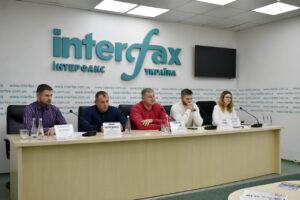
Participants in a press conference on “Problems of the capital’s agglomeration: the boundaries of the city of Kyiv” called for systematic dialogue between the Kyiv city authorities and communities in the suburban area, stressing that the lack of coordinated approaches hinders development and provokes legal disputes.
“There are many problems, but there are solutions to all problems if there is a will. If there are not enough laws, new ones can be passed. If there are not enough codes, they must be created. However, if the Kyiv authorities are not interested, the result will be the same. International partners are ready to provide Ukraine with financial and technical assistance to implement reforms, but practical progress depends on the willingness of central and local authorities to work together,” said Oleksiy Usachov, chairman of the board of the Ukrainian Policy Institute, at a press conference at the Interfax-Ukraine agency on Wednesday.
He noted that systematic cooperation based on mutual respect and openness to dialogue should be a key factor in the development of the capital’s agglomeration. Usachov stressed that further ignoring the problem would lead to a loss of time and investment. In conclusion, the moderator noted that the issue of agglomeration development will only gain real momentum if democratic elections are held and local authorities resume their political responsibility.
Serhiy Danish, head of the Kotsyubynska ATC, said that the community does not object to substantive dialogue on the future of the village, but expects clear proposals and guarantees from Kyiv.
“If Kyiv wants to annex us, our territory, our people, then it must have something to offer. The Kyiv City Council’s decision on ‘annexation for zero hryvnias’ does not correspond to the realities and needs of the residents. Instead, the capital must first demonstrate its willingness to invest in social infrastructure — kindergartens, schools, roads — so that people themselves will go to Kyiv because of better conditions and services,” he stressed.
Danish also pointed to conflicts with the state cadastre and fiscal charges. According to him, more than half of the village was entered into the cadastre as Kyiv, after which the village council was sent demands to pay land tax “under the village council’s land.”
According to Danish, despite the fact that the Kotsyubynska, district, and regional councils had prepared a complete set of documents, the head of the cadastre went on sick leave and effectively blocked the case, citing the unresolved issue with Kyiv. As an illustration of the risks of annexation without proper guarantees, he cited the example of Zhuliany, where after joining the capital there are no roads, no lighting, no infrastructure, and the interests of the community are represented on a residual basis.
Svitlana Dakhno, head of the land relations department of the Kyiv Regional State Administration’s Department of Urban Development and Architecture, reported that the Kyiv Regional State Administration is cooperating with the Kotsyubynska community and other adjacent ATCs, but “the lack of a coordinated position between the city community of Kyiv and the communities near the capital negatively affects development and generates a significant number of legal disputes.” She noted that the lack of a coordinated position between Kyiv and the surrounding communities already has tangible consequences, particularly in the area of land relations and territorial planning.
“The Kyiv Regional State Administration works directly with the Kotsyubynska community. The lack of a coordinated position between the Kyiv city community and the communities surrounding the capital has a negative impact on development and gives rise to a significant number of legal disputes. The regional administration supports the position of the territorial communities and is interested in developing a common position and bringing the issue into line with the law, as this directly affects the development of communities and their ability to exercise their powers in the relevant territories,” Dakhno said.
Igor Reva, deputy head of the Kyiv City Military Administration, stressed the need to “lower the level of dialogue” to the public arena so that the topic of agglomeration becomes socially significant and “public pressure” for decision-making emerges.
“If we keep doing the same things, we will get the same results… We need to create a platform where the public can exchange ideas, develop specific decisions, and continue to put pressure on the authorities,” he said.
Ivan Fursenko, advisor to the Association of Ukrainian Cities, noted that substantive discussion of the Kyiv agglomeration became possible in 2020 after the formation of capable communities with equal powers around the capital. In his opinion, the key is consistency in management decisions and strategic planning based on European approaches.
“Europe relies on strategic planning documents at the agglomeration level. Consistency of power and political will are needed: someone has to take on additional responsibility, and someone has to give it up,” the expert stressed.
According to regional authorities, the legislative framework is sufficient for developing models of cooperation and coordination, but strict compliance with the rules is necessary. Oleg Ivanenko stressed that agglomeration policy cannot be based on unilateral decisions. He noted that the Kotsyubynska community is capable and has a sufficient budget, and any agreements must be made in a civilized manner with the participation of all parties.
The issue of suburban communities’ investment participation in joint infrastructure projects and possible adjustments to powers in the event of the adoption of a special law on the Kyiv agglomeration was discussed separately.
“Satellite cities must be prepared to invest significantly in bilateral cooperation; if an agglomeration is created, their powers in terms of planning and development may be partially redistributed,” it was noted at the event.
Participants also recalled that the Kyiv agglomeration is the largest urban entity in Ukraine with a population of several million, so the task is to ensure a comfortable living space and balanced development of both the capital and the surrounding communities.
The press conference was attended by: Oleg Ivanenko, deputy of the Kyiv Regional Council and Paralympian; Andriy Yeremenko, sociologist and founder of Active Group; Ivan Fursenko, advisor to the Association of Ukrainian Cities; Svitlana Dakhno, head of the Land Relations Department of the Kyiv Regional State Administration; Serhiy Danish, head of the Kotsyubynska OTG; Ihor Reva, deputy head of the KMVA. Moderator — Oleksiy Usachov, chairman of the board of the Institute of Ukrainian Politics.
Source: https://interfax.com.ua/news/press-conference/1118304.html
ACTIVE GROUP, Dakhno, DANISH, Єременко, Іваненко, Рева, Усачов, Фурсенко
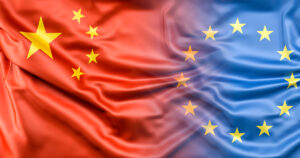
China remains the undisputed leader among Ukraine’s trading partners in terms of import volume. In the first six months of 2025, Ukraine imported Chinese goods worth US$8.15 billion. This is more than twice the figures for Poland ($3.58 billion) and Germany ($3.18 billion), which ranked second and third, respectively.
High import volumes were also recorded from Turkey ($2.53 billion) and the United States ($2.31 billion). Italy, the Czech Republic, Slovakia, Bulgaria, and France round out the top ten key suppliers with volumes ranging from $1.2 billion to $979 million.
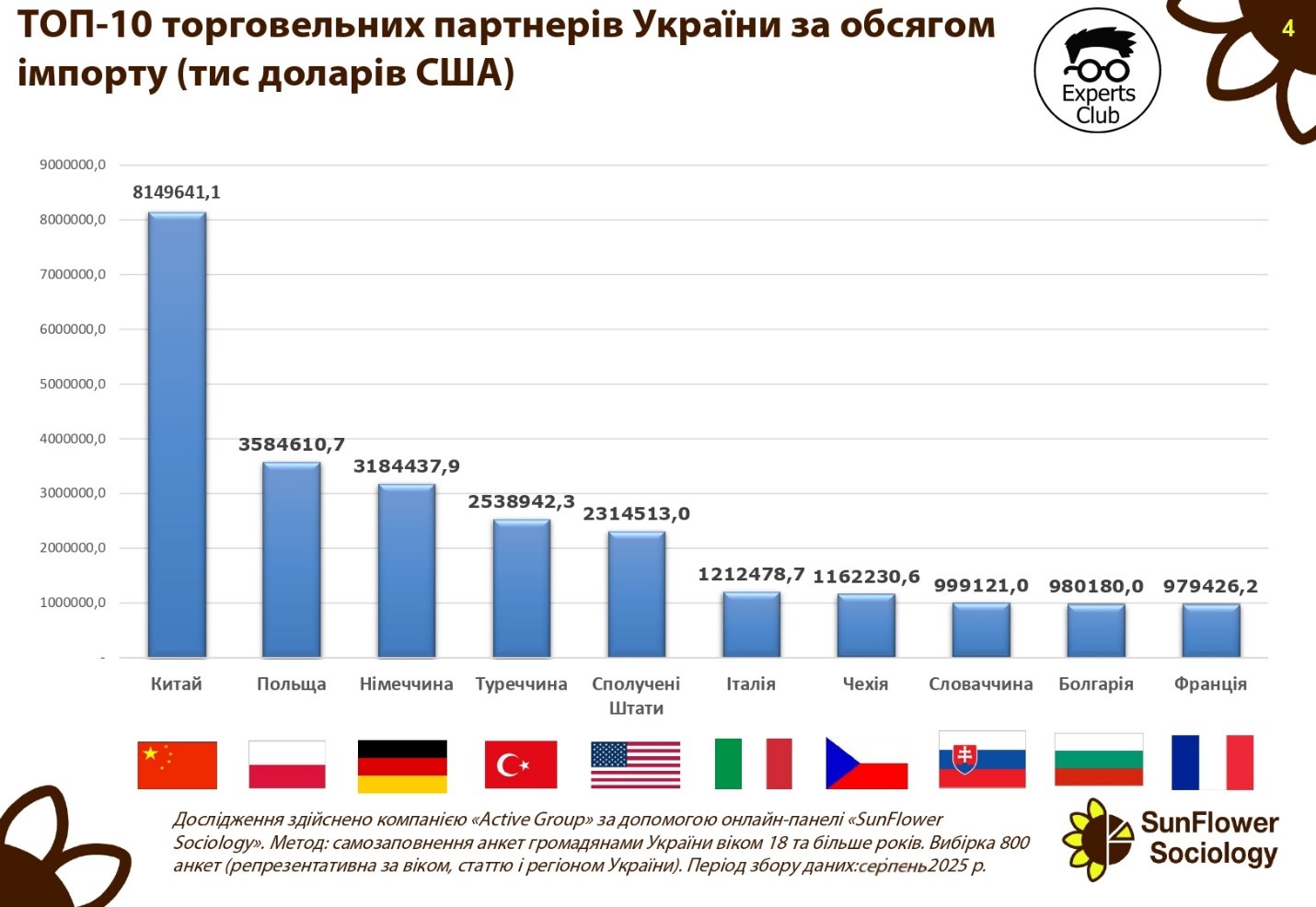
“The formation of such an import structure indicates Ukraine’s excessive dependence on Chinese goods, especially in the electronics, technology, and industrial products segments. Such an imbalance poses risks to economic stability, as any political or logistical restrictions will immediately affect the domestic market,” emphasized Maksim Urakin, founder of Experts Club and economist.
At the same time, experts point to the diversification of supplies from European Union countries. Poland, Germany, Italy, and France together account for more than $8.5 billion in imports, forming a significant segment of the domestic consumer and industrial market.
Economists predict that, provided the hryvnia exchange rate remains stable and import flows continue at current levels, the trade deficit with China will continue to grow. This will require an adjustment of state trade policy towards stimulating domestic production and searching for alternative markets.
ACTIVE GROUP, CHINA, ECONOMY, EU, EXPERTS CLUB, GERMANY, IMPORTS, POLAND, SunFlower Sociology, TRADE BALANCE, TURKEY, UKRAINE, USA, МАКСИМ УРАКИН
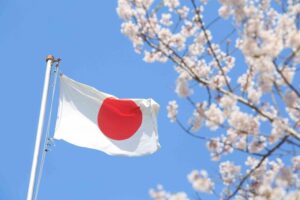
According to a survey conducted by Active Group in collaboration with Experts Club in August 2025, Ukraine has one of the most positive attitudes toward Japan among countries worldwide.
According to the study, 68.7% of Ukrainians have a positive opinion of Japan (33.0% — mostly positive, 35.7% — completely positive). Only 2.7% have a negative opinion, while 26.7% of respondents are neutral. Another 2.0% admitted that they know little about the country.
“Japan occupies a special place in the perception of Ukrainians. It is seen as an example of a country that has achieved great results through innovation, technological development, and the preservation of traditions. This level of trust can become the basis for further expansion of cooperation between our countries,” emphasized Active Group CEO Oleksandr Pozniy.
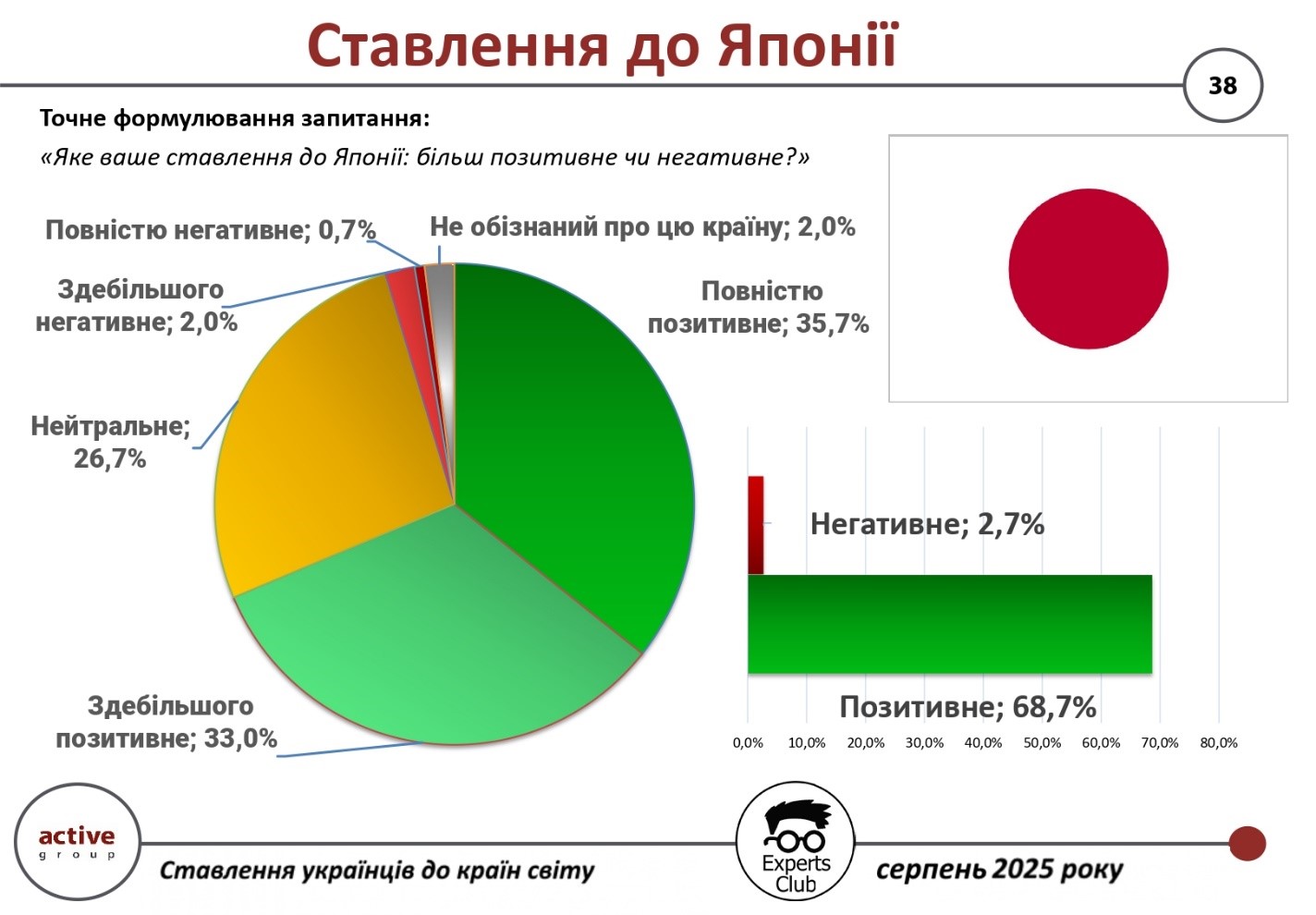
In turn, Maksim Urakin, co-founder of Experts Club, emphasized the economic dimension:
“In 2025, the total trade volume between Ukraine and Japan exceeded $521 million. At the same time, Ukrainian exports to Japan amounted to only $18 million, while imports exceeded $502 million.
This resulted in a significant negative balance of $484 million. Such an imbalance is a signal to look for new opportunities for Ukrainian goods to enter the Japanese market,” he stressed.
The study was part of regular monthly monitoring of Ukrainians’ attitudes toward key international partners.
The full video can be viewed at: https://www.youtube.com/watch?v=YgC9TPnMoMI&t
You can subscribe to the Experts Club YouTube channel here: https://www.youtube.com/@ExpertsClub
ACTIVE GROUP, EXPERTS CLUB, JAPAN, Pozniy, RELATIONS, SOCIOLOGY, TRADE, UKRAINE, URAKIN

Ukrainians’ attitude towards Belgium is mostly positive, although a significant portion of respondents take a neutral position. This is evidenced by the results of a nationwide sociological survey conducted by Active Group in collaboration with Experts Club in August 2025.
According to the results, 54.7% of Ukrainians have a positive attitude towards Belgium (35.3% — mostly positive, 19.3% — completely positive). Only 2.7% of citizens expressed a negative attitude (0.3% — mostly negative, 0.3% — completely negative). At the same time, 43.0% of respondents remain neutral, and 2.3% said they do not have enough information about the country.
“Belgium is perceived by Ukrainians as an important member of the European Union and NATO, a country that consistently supports Ukraine on the international stage. At the same time, its relative remoteness and lack of deep historical ties account for the high proportion of neutral assessments,” explained Active Group founder Oleksandr Pozniy.
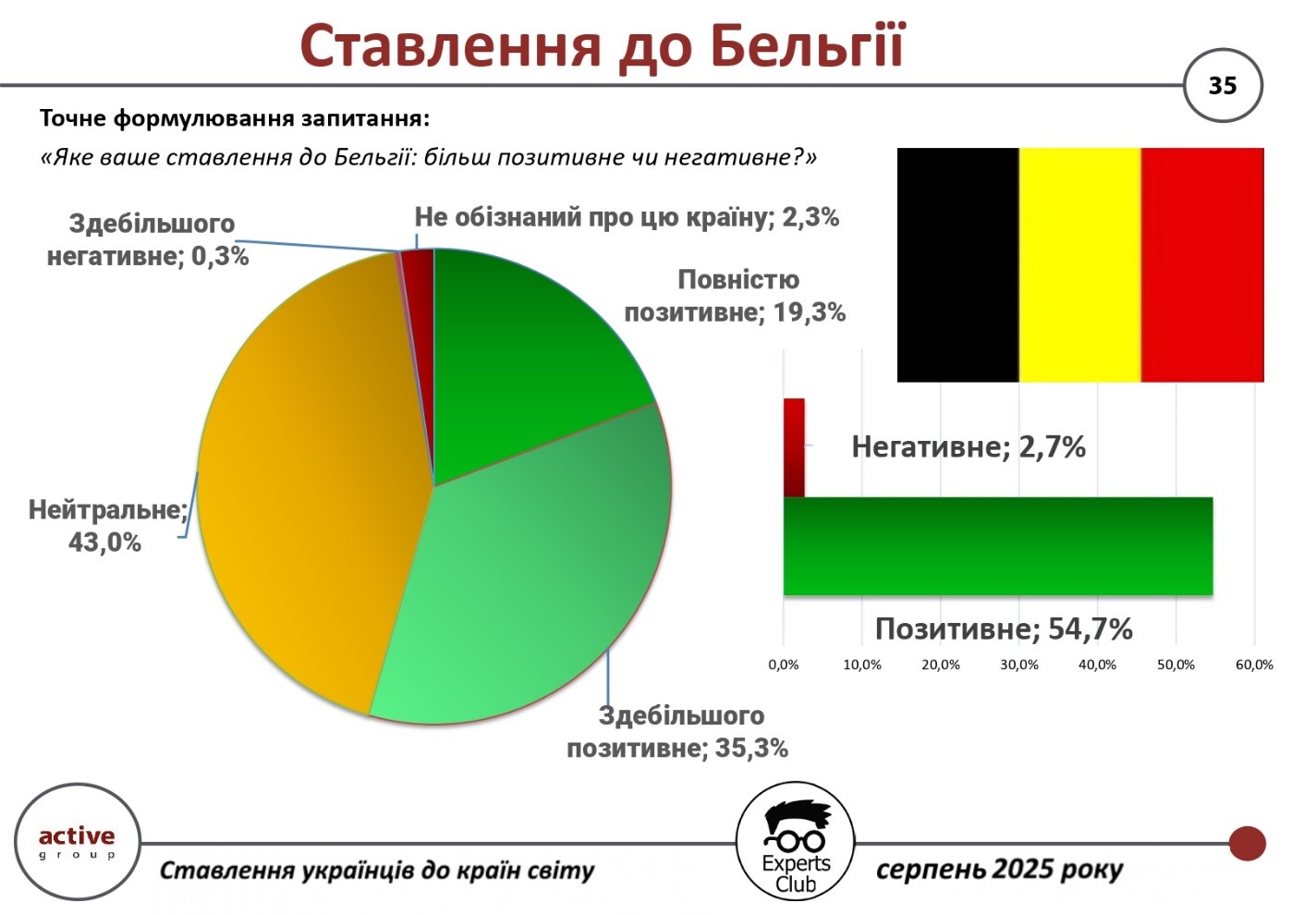
In turn, co-founder of Experts Club Maksim Urakin drew attention to the economic component of bilateral relations:
“In the first half of 2025, trade turnover between Ukraine and Belgium amounted to more than $584 million. Ukrainian exports amounted to about $235 million, while imports from Belgium exceeded $348 million. This resulted in a negative balance of $113.8 million, which highlights the Ukrainian market’s dependence on Belgian goods,” he emphasized.
The study is part of a broader project aimed at examining the international sympathies and antipathies of Ukrainians in 2025.
The full video can be viewed at: https://www.youtube.com/watch?v=YgC9TPnMoMI&t
You can subscribe to the Experts Club YouTube channel here: https://www.youtube.com/@ExpertsClub
ACTIVE GROUP, BELGIUM, DIPLOMACY, EXPERTS CLUB, Pozniy, SOCIOLOGY, TRADE, URAKIN